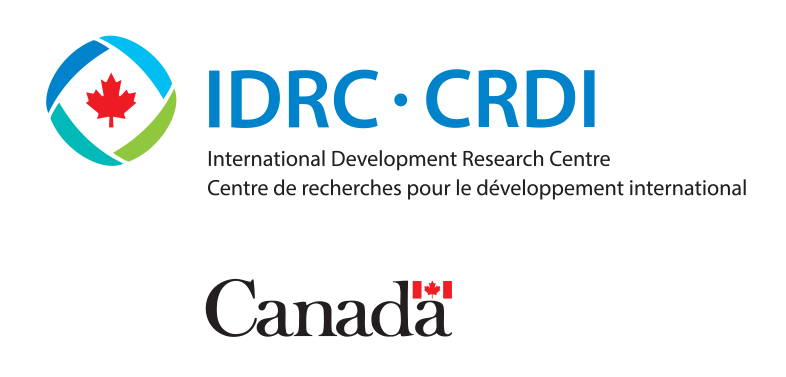Moving Beyond GDP at HLPF 2024: From ambition to action on SDG target 17.19
The last target in the Sustainable Development Goal (SDG) framework—Target 17.19—calls on governments “to develop measurements of progress on sustainable development that complement gross domestic product and support statistical capacity-building in developing countries” by 2030. Though discussions on moving beyond GDP have been underway for decades, further efforts need to establish a shared language and community of practice to move beyond GDP.
Despite appearing at the end of a list of 169 noble objectives, Target 17.19 should not be an afterthought on the road to 2030. Indices that are complementary to GDP can assess countries’ long-term sustainability by considering natural, social, and human capital. Measurements of comprehensive wealth and its components can provide decision-makers with important insights about their country’s sustainability pathway. National agencies can use these data to prioritize investments to improve climate resilience, protect biodiversity, and manage natural capital.
Identifying ways to implement SDG Target 17.19 is especially important in the lead-up to the United Nations Summit of the Future. The UN Secretary-General identifies “complementary measures to GDP” as a key step for accelerating the achievement of the SDGs and leaving no one behind.
This virtual side event at the 2024 High-Level Political Forum on Sustainable Development (HLPF) explored the lessons learned from recent studies measuring comprehensive wealth in Ethiopia, Indonesia, and Trinidad and Tobago over a 25-year period. Presenters reflected on developing indices with existing national data sources and share recommendations for using these complementary indices to better guide decision making and deliver on the 2030 Agenda.
Agenda
Opening: Lynn Wagner, Senior Director, Tracking Progress, IISD
IISD presentation on pilot studies measuring comprehensive wealth in Ethiopia, Indonesia, and Trinidad and Tobago: Livia Bizikova, Lead, Assessment and Monitoring, Tracking Progress
Panel Discussion
1. Why is it critical to move beyond GDP to advance the SDGs?
2. What are the specific examples of policies, measures, and investments that countries may put forward if different metrics of measuring progress are used?
3. What are the specific capacity gaps and needs at the national and international levels to advance the efforts to move beyond GDP?
Panelists:
- Anu Peltola, Director Statistics, United Nations Conference on Trade and Development
- Heinrich Bohlmann, Research Director, Partnership for Economic Policy
- Juliana Makonise, Winner of the Beyond Lab, UNCTAD and Rethinking Economics Beyond GDP Essay Competition
- Florencia Caro Sachetti, Associate Researcher at CIPPEC, part of the Southern Voice network
Closing: Next steps, including the Summit of the Future

